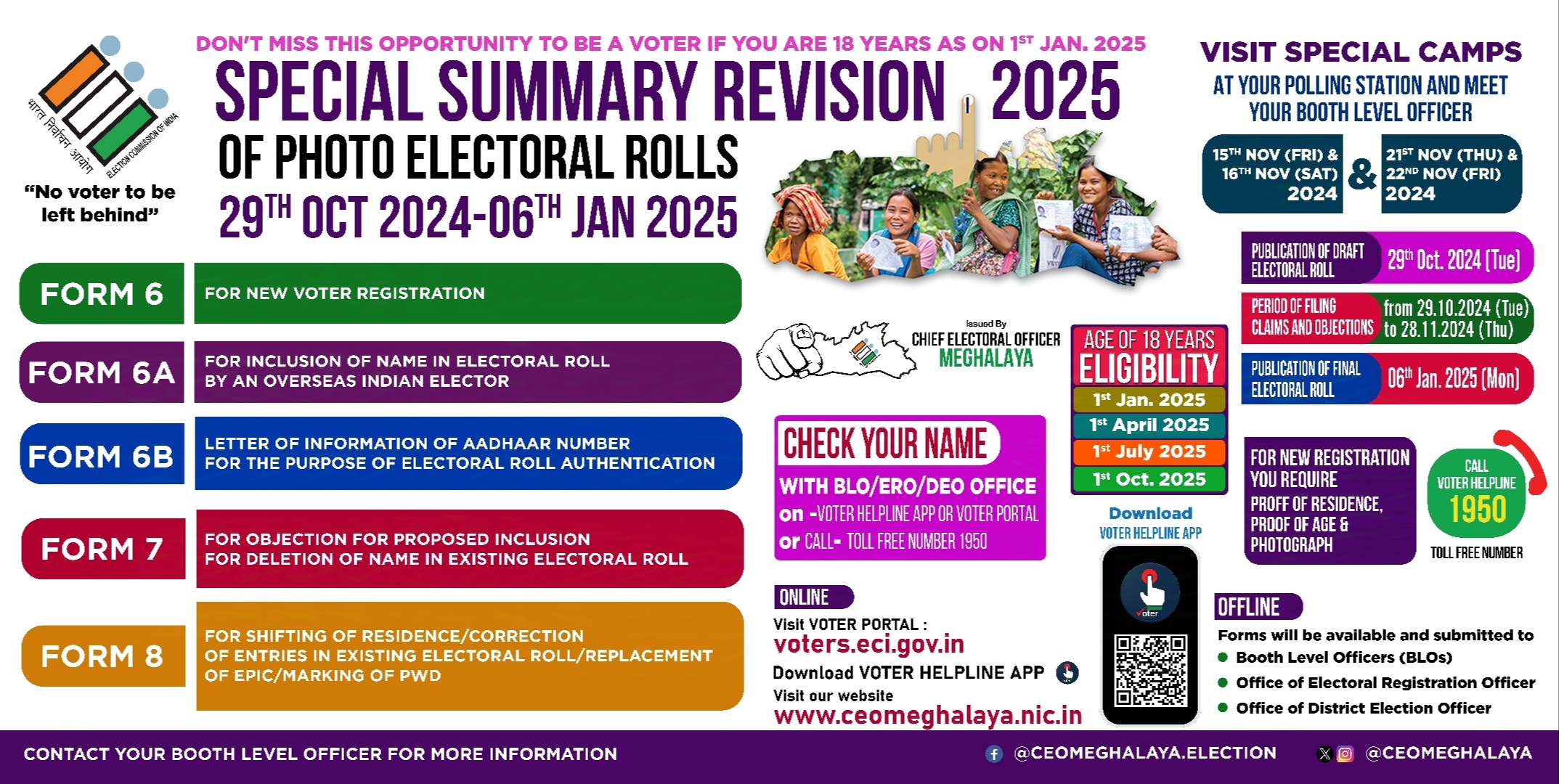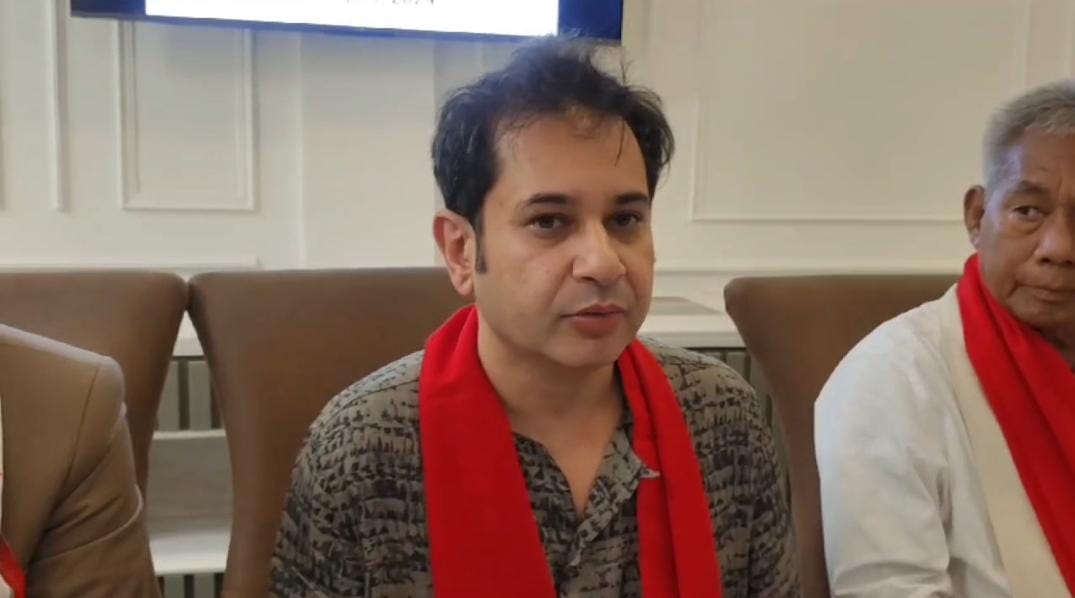Pradyot Manikya Deb Barma, the founder of Tipra Motha in Tripura, on Saturday demanded political freedom for the people of the Northeast to make decisions regarding their own welfare.
Speaking at the first conference of the Autonomous Councils under the 6th Schedule of the Indian Constitution in Shillong, Deb Barma highlighted pressing concerns about the security and stability of the Northeast, particularly due to issues of infiltration and the unstable situation in Bangladesh.
“The biggest problem in Northeast is the infiltration and the unstable Bangladesh will allow the open border with Bangladesh that we have and is a threat to our future and survival. If the Government of India needs to protect the indigenous people of the Northeast, they have to give is land rights, economic power, and they have to constitutionally protect us,” Tipra Motha said.
He expressed apprehension about the open border with Bangladesh, suggesting that it poses a significant threat to the region’s future and survival. Deb Barma criticized India’s current strategy regarding Bangladesh, which he argued relies on a historical figure whose relevance has diminished. He stressed that India should prioritize protecting its own citizens over providing asylum and allowing an influx of people from Bangladesh.
Drawing attention towards the open border with Bangladesh, the leader said the Northeast India faces an immediate threat as India’s entire strategy on Bangladesh is based on one family Sheikh Mujibur Rahman and as of today the family is no longer relevant in Bangladesh
“India’s plan be is to protect its own people first rather than giving asylum and allow people from Bangladesh to cross over here and flood our population,” he added.
Deb Barma also drew attention to perceived disparities in the treatment of various regions and cultures within India. He compared the special provisions made for places like Leh Ladakh and for different communities to the lack of recognition and respect for traditional systems in the Northeast, such as the Rangbah Shnong and Dorbar Shnong. He argued that the Government of India should offer the same level of respect and empowerment to the Northeast as it does to other regions and cultural systems.
He called for the Government of India to uphold historical and customary laws, providing land rights, economic power, and political freedom to the indigenous peoples of the Northeast. According to Deb Barma, these measures are essential for ensuring the protection and empowerment of frontline communities, such as the Bodos, Khasis, Tripuris, Garos, Jaintias, and Karbis, who are directly impacted by the border situation.
“if Narendra Modi can take a sengol to the parliament and say he is honouring Tamil culture, then why can’t our traditional system in Meghalaya you have Rangbah Shnong, Dorbar Shnong, why can’t the Government of India give the same respect that they gave sengol in the parliament, the Government of India cannot have a two prompt policy you are respecting Ayodhya, you are respecting sengol in the parliament, you are respecting Sanskrit and Nalanda University but why can’t the Government of India give the same respect but you are not giving enough power to our cultural system,” he added.
Further, he urged the Government of India to adopt a policy that not only respects the Northeast’s cultural systems but also ensures the region’s security and economic independence by trusting and empowering its citizens.
Stating that the Government of India has to be fair for historical India and the historical and the customary laws of the region, he said, “If India needs to be protected they have to first protect the people at the front line and if you cannot protect the people , we are Indians, first protect us and then think about protecting people from Bangladesh and If India wants to be secure then they have to first trust their own citizen before allowing people to come. so the Government has to has a policy where they empower us not only in terms of constitutionally, or financially, they educate us, they give us rights, the economic independence and they give us political freedom as well to decide what is right and what is wrong.”
Pradyot Manikya Deb Barma was talking to Mediapersons at the first conference of the Autonomous Councils under the 6th schedule to the constitution of India held in Shillong.
He informed that a committee has been formed under the Pyniaid Sing Syiem who is the chief convenor of all 10 Autonomous District Councils (ADCs) and Territorial councils from the Northeast. He further said, it is very important that the of all 10 Autonomous District Councils (ADCs) from the Northeast starts respecting each other and in this regard, Tirot Sing Memorial school will come up in North Tripura and land has been allotted to the three district councils in Meghalaya for construction of Bhawan at Tripura.
The meeting was attended by the representatives of various district councils.


